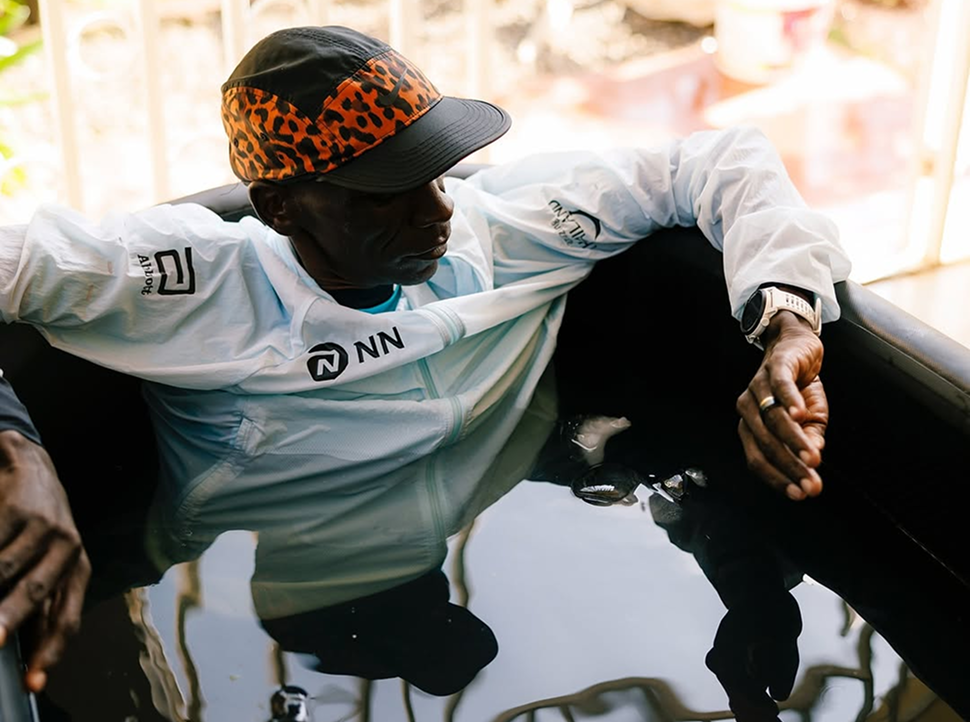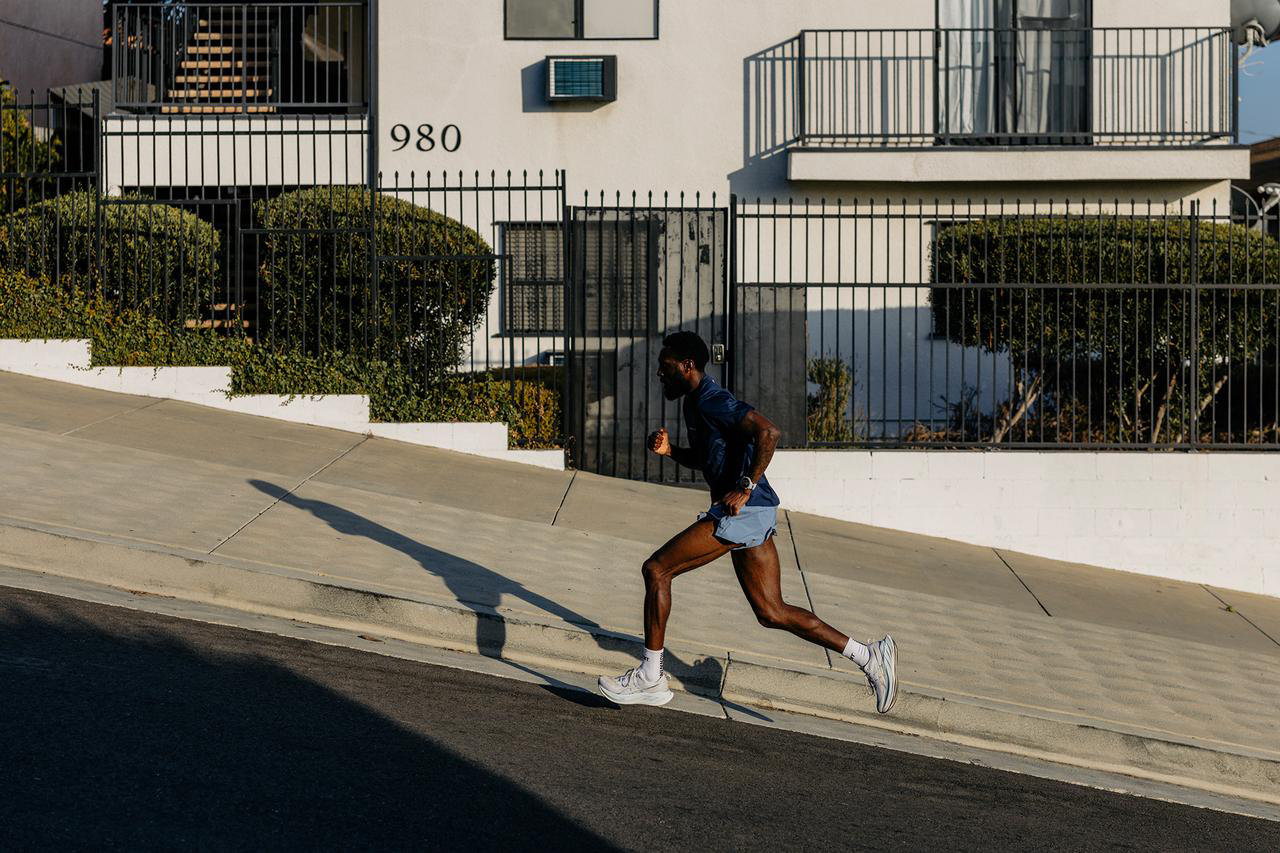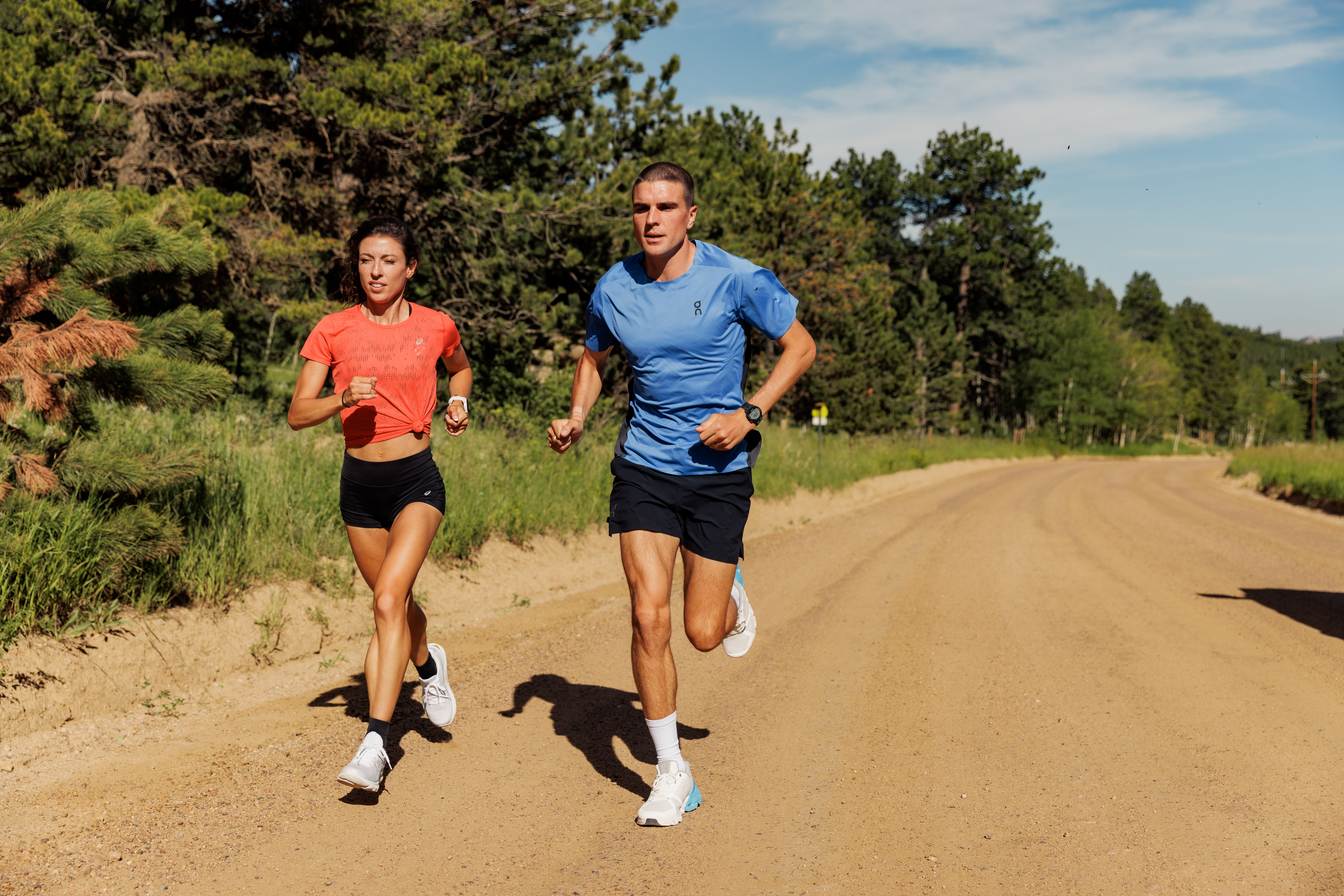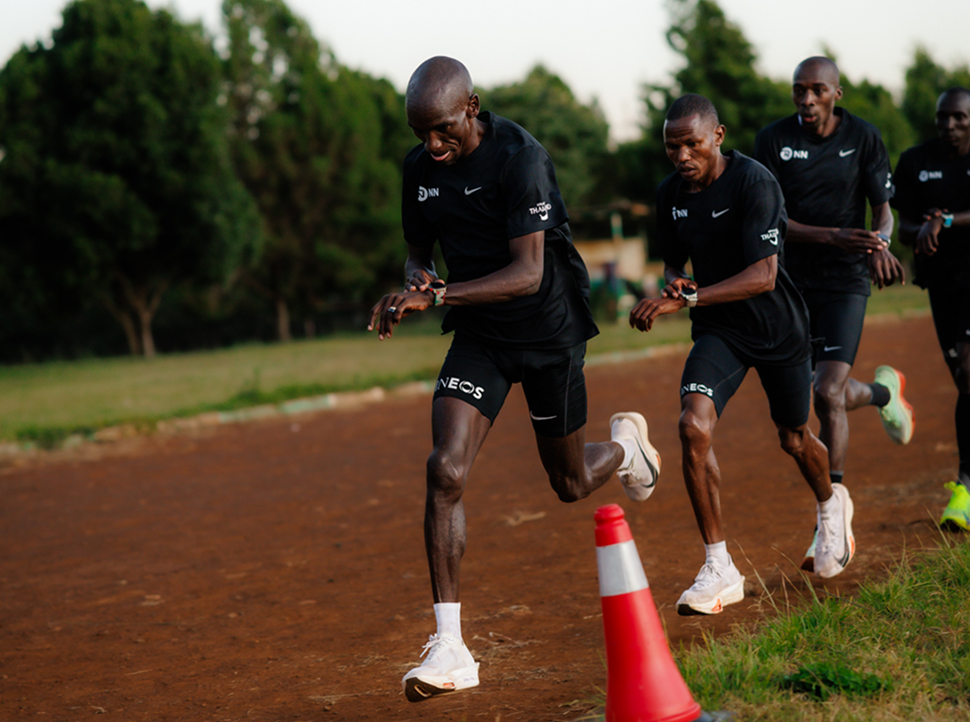“Run by feel.” Coaches say it all the time. It’s a phrase that has stood the test of time, encouraging athletes to trust their instincts and tune into their body.
There’s a difference between listening to the body and blindly obeying a feeling. Feelings are fleeting. Awareness is learned.
Every session logged, every sleep score analyzed, every data point reviewed—it all adds to an athlete’s understanding of how to adjust and respond in training and racing.
When coaches teach athletes how sleep, stress, hydration, and training load affect recovery and readiness, they stop guessing. They stop overtraining. And they start making informed, confident decisions. When they know better, they do better.
Feel Is Emotional. Data Is Information.
The danger of having athletes run by “feel” alone? It’s often dictated by the mood of the day.
They slept poorly. They’re stressed about finals. Their warm-up felt flat. Does that mean they’re not fit? Of course not. Your athletes don’t have to feel good to run fast.
And feeling great? That's not always a sign to push harder.
Running by feel puts emotion in the driver’s seat. But metrics like pace, heart rate, and HRV provide vital context. These don’t ignore how an athlete feels - they enhance it. They create space for athletes to reframe their internal narrative. That’s how elite runners toe the line ready to go fast, even when they don’t “feel” their best.
Use Secondary Metrics to Understand “Feel”
The best athletes don’t just train hard, they train smart. High performers understand how their body behaves on good days, bad days, and everything in between. They know their numbers. They know their patterns.
COROS watches give your athletes access to critical second-layer metrics:
- Pace: Real-time, objective effort measurement.
- Heart Rate: Instant insight into their physical output and internal workload.
- HRV (Heart Rate Variability): A reflection of the nervous system, revealing how well they’ve recovered and adapted.
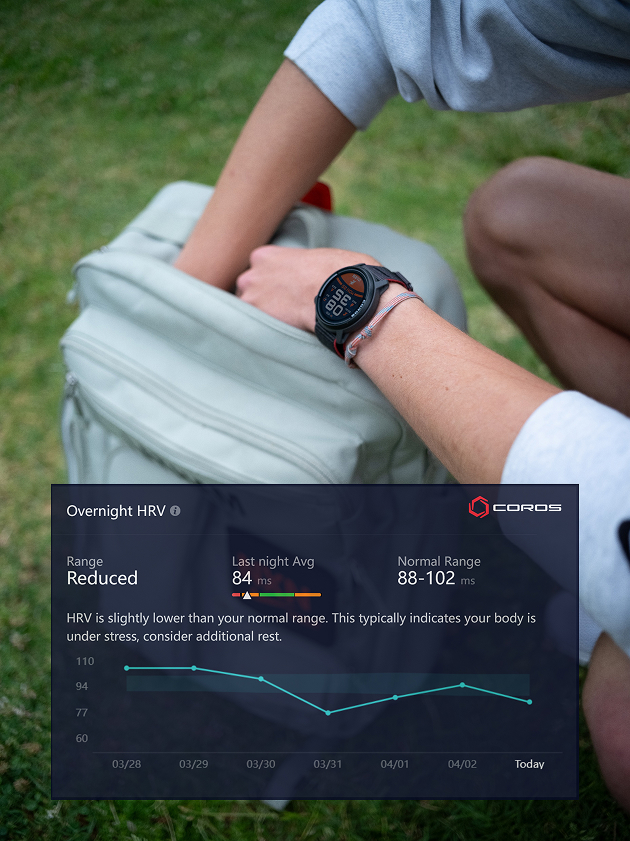
These metrics help athletes define their optimal window of operation—the pace, heart rate, and recovery rhythm that consistently leads to peak performance. When athletes learn the why behind their effort, they build more consistent, resilient results.
Metrics Matter. Obsession Doesn’t.
Let’s be clear: relying only on a watch to define a race or training day? That’s not smart - that’s obsession. But teaching athletes to understand, interpret, and use their data? That’s powerful.
In a world where nearly every athlete already wears a GPS watch, the better path isn’t to tell them to ignore it, it’s to help them use it better.
As a coach, you don’t need to overhaul your program. Start simple:
- Use heart rate to teach recovery and readiness. Encourage your athletes to track their resting HR and HRV and note changes after high-stress days or hard workouts. Make it a part of their pre-run check-in. Over time, they’ll start recognizing their own trends and triggers.
- Use pace to build awareness in workouts. Instead of always prescribing runs by feel, occasionally assign tempo or steady-state work based on pace or heart rate zones. Help your athletes associate the effort with the metric, so they learn what that pace feels like—and can recall it when it matters most.
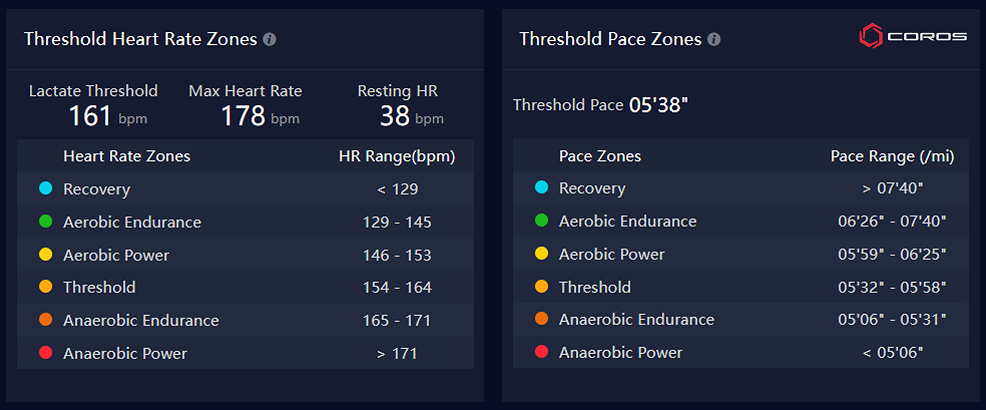
These small integrations build smarter athletes, and smarter athletes race with confidence.
Empower your athletes. Educate them. Show them how to use data as a tool, not a crutch. That’s how you develop more aware, more adaptable, and ultimately more dangerous competitors.
In the right hands, data doesn’t limit an athlete, it unlocks their full potential.
The Takeaway: Train Your Athletes to Use Their Tools
The best runners don’t choose between feel and data, they combine both to train with clarity and confidence.
Technology is just a tool. And like any tool, its impact depends on how it’s used. When misunderstood or misused, it can lead to distraction or overreliance. When athletes learn how to interpret and apply the information it provides, however, it becomes a training advantage.
Your athletes already wear the tools. Coaches can help guide that relationship to help athletes use their tools with the right perspective.
Run smart. Train with purpose. Because metrics matter.
Interested in outfitting your team with COROS? Reach out to ryan.poland@coros.com to learn more about team pricing and support.
This article was developed in collaboration with Andrew Simmons, Head Coach at Peak Performance Running. Andrew offers remote coaching and consultation for athletes of all levels, blending individualized training with data-driven insights. To learn more or to get in touch, visit peakperformrun.com. You can also read more of his writing and coaching insights at coachsimmonsruns.substack.com.
/fit-in/0x18/coros-v2/images/common/logo_black.png)
